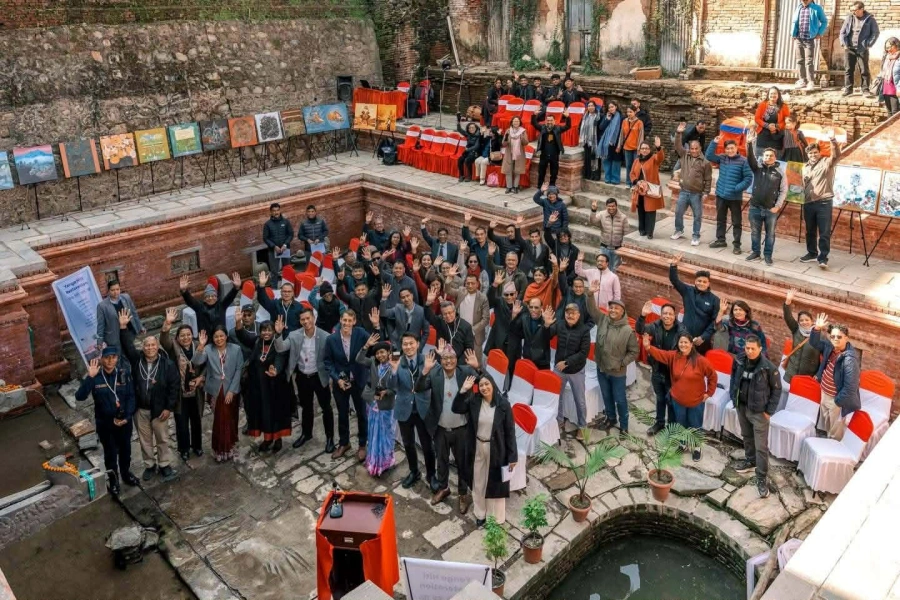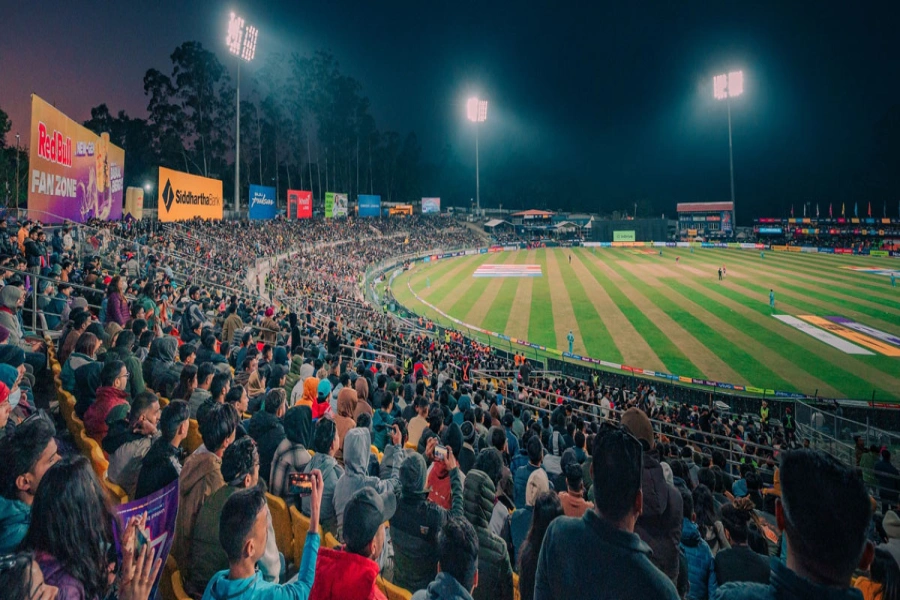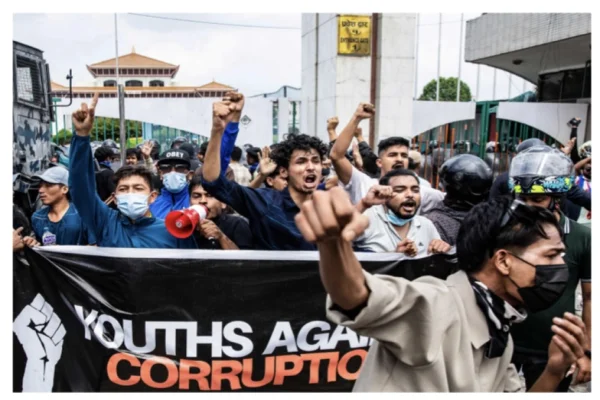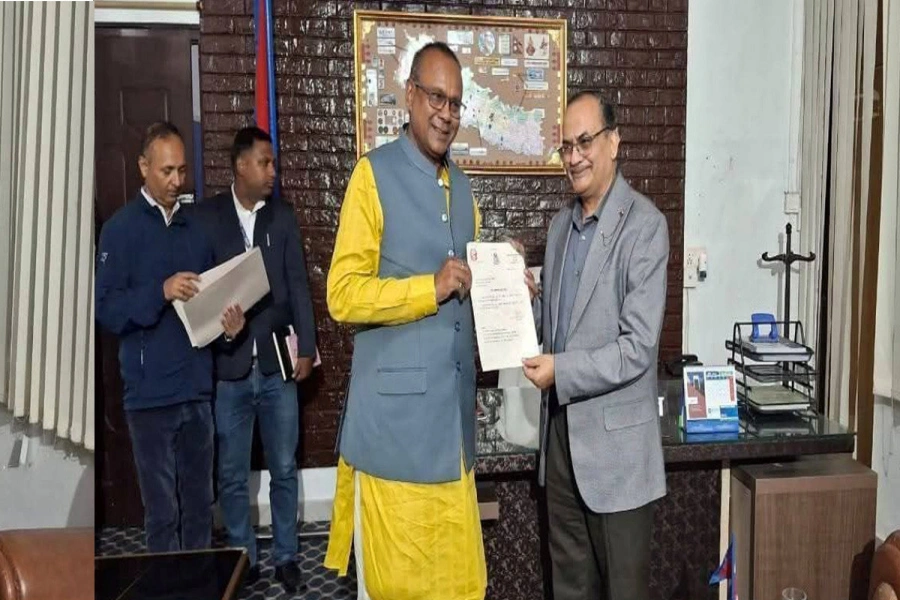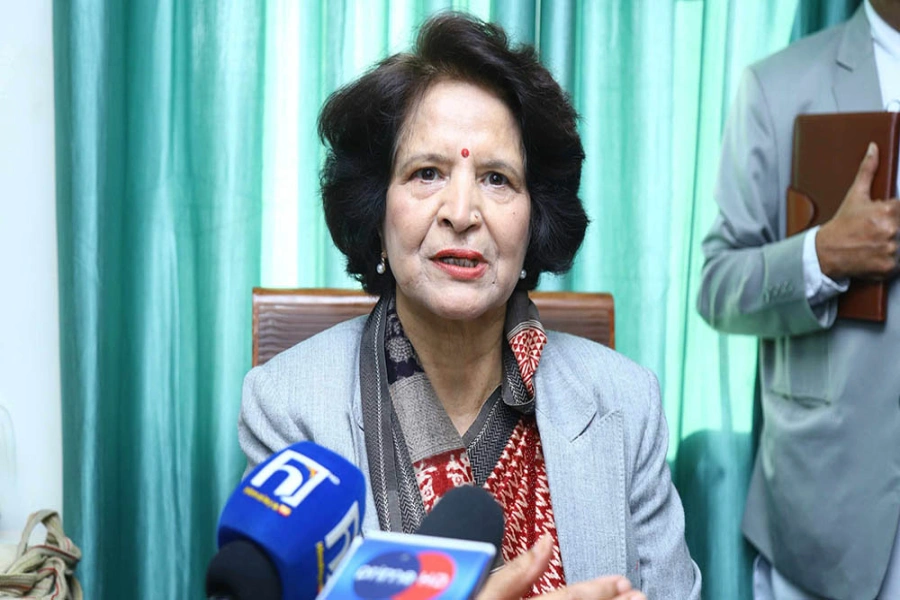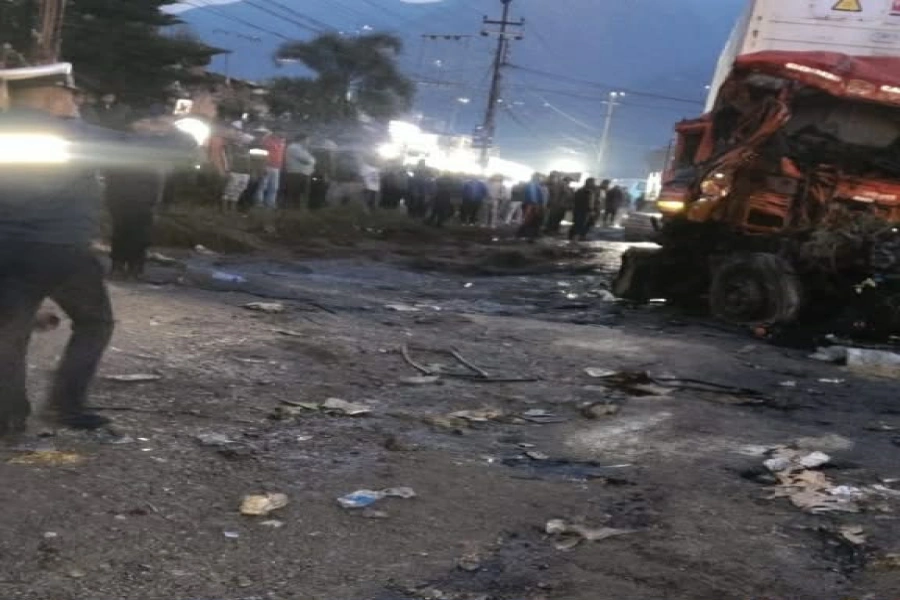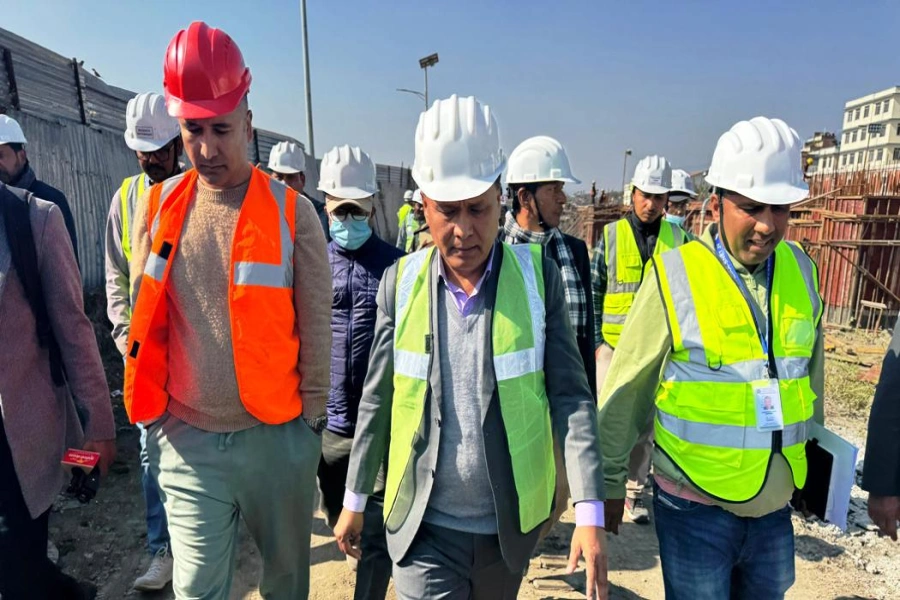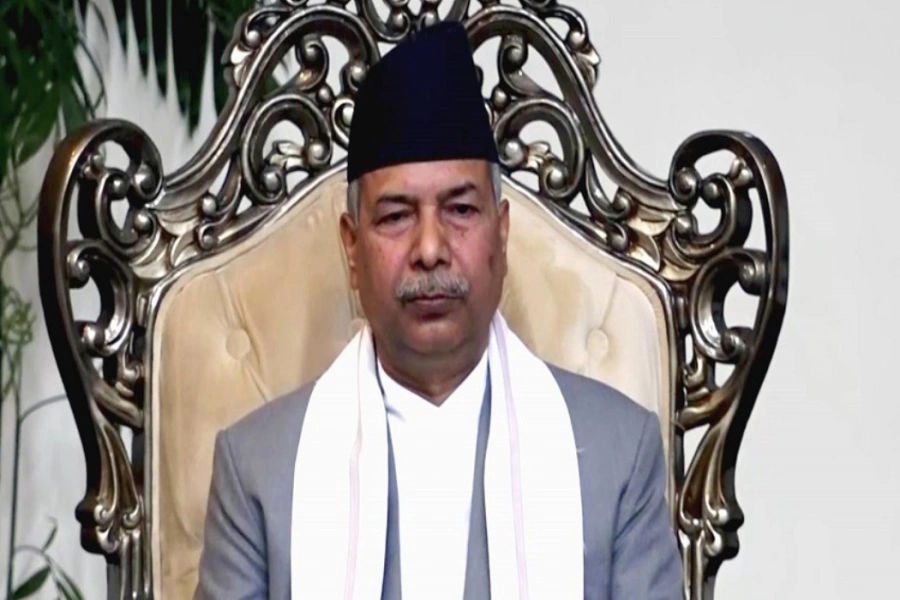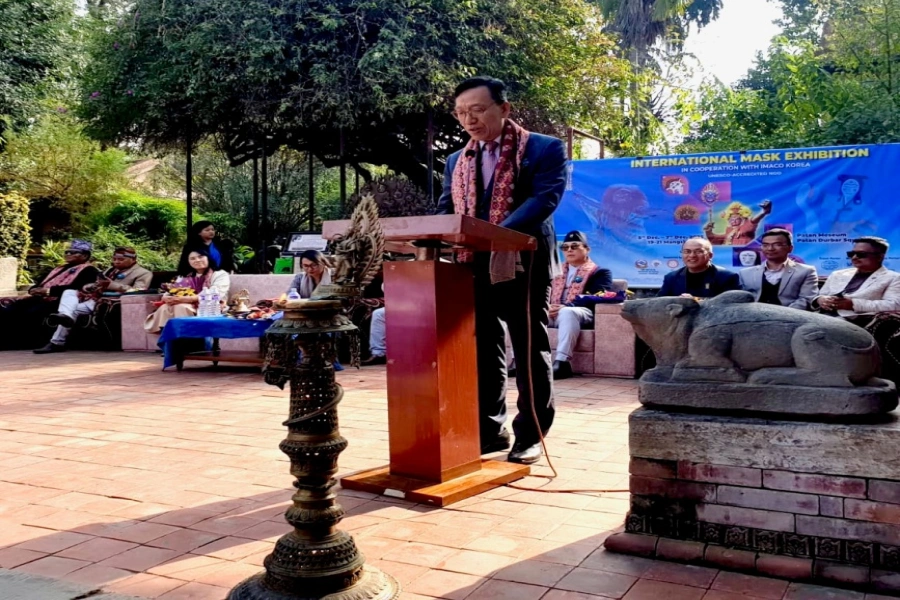SEOUL, Nov 29: South Korea’s top court ruled on Thursday that Japan’s Mitsubishi Heavy Industries Ltd (7011.T) must compensate 28 South Koreans for their forced labour during World War Two, a ruling that drew an immediate rebuke from Tokyo.
The decision echoed the Supreme Court’s landmark verdict last month that ruled in favour of South Koreans seeking compensation from Japan’s Nippon Steel & Sumitomo Metal Corp. (5401.T) for their wartime forced labour.
It upheld a 2013 appeals court decision that Mitsubishi must pay 80 million won ($71,000) to each of 23 plaintiffs in compensation.
In a separate ruling, the court also ordered Mitsubishi to pay up to 150 million won to each of another five plaintiffs or their families.
Mitsubishi called the verdict “deeply regrettable”, saying in a statement that it would discuss its response with the Japanese government.
Japanese company to compensate wartime forced labor in Korea du...

Japanese Foreign Minister Taro Kono quickly issued a statement in which he said the court’s decisions were “totally unacceptable”.
“This fundamentally overturns the legal basis for friendly ties between Japan and South Korea and is extremely regrettable,” Kono said.
Kono urged Seoul to take steps to ensure “fair economic activity” for Japanese firms or Tokyo would consider its options, including referring the case to an international court.
A senior official at Seoul’s foreign ministry said the government respected the ruling and would craft measures in a way that could heal the victims’ wounds but at the same time foster future relations with Japan.
Previous cases the group of five former labourers had brought in Japan were dismissed on the grounds that their right to reparation was terminated by a 1965 treaty normalising diplomatic ties between Seoul and Tokyo.
However, the South Korean Supreme Court upheld last month’s ruling that Japan’s occupation of the peninsula was illegal.
“The treaty does not cover the right of the victims of forced labour to compensation for crimes against humanity committed by a Japanese company in direct connection with the Japanese government’s illegal colonial rule and war of aggression against the Korean peninsula,” the court said in a statement.
Kim Seong-ju, a 90-year-old plaintiff in the second case, said she was sent to Japan when she was 15 with the recommendation of her teacher, who was a Japanese national.
“I was told that I could go to middle and high school and study more, but it turned out I had to work at the factory all the time,” Kim told a news conference after the ruling, showing her permanently injured hand. “Now I feel great.”
Japan and South Korea share a bitter history that includes Japan’s 1910-45 colonisation of the Korean peninsula and the use of comfort women, Japan’s euphemism for girls and women, many of them Korean, forced to work in its wartime brothels.
The rows over wartime history have long been a stumbling block for relations between the East Asian neighbours, sparking concern that their joint efforts to rein in North Korea’s nuclear programme could be affected.



